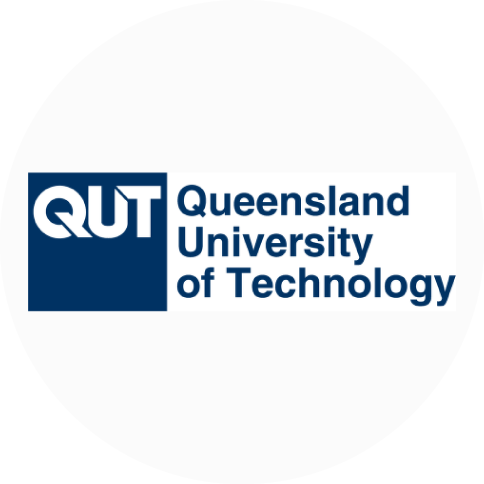Master of Sustainable Infrastructure (Water Engineering)
- Home
- Courses
- Queensland University of Technology (QUT)
- Master of Sustainable Infrastructure (Water Engineering)
Master of Sustainable Infrastructure (Water Engineering)
Highlights Australia’s commitment to invest $120 billion into the infrastructure pipeline over the next 10 years will only increase demand for engineers with strong skills in sustainable infrastructure (Budget 2023-24: Ministers for the Department of Infrastructure). Work as a consultant on a real industry challenge directly with employers such as…
Categories
COURSE DESCRIPTION
Highlights
Australia’s commitment to invest $120 billion into the infrastructure pipeline over the next 10 years will only increase demand for engineers with strong skills in sustainable infrastructure (Budget 2023-24: Ministers for the Department of Infrastructure).
Work as a consultant on a real industry challenge directly with employers such as Energy Queensland, Powerlink, Brisbane City Council, Department of Transport and Main Roads, SEQ Waters and Urban Utilities. with real-time industry aligned data.
Learn to forecast impending infrastructure problems and provide smart, cost-effective and environmentally responsible solutions that support a sustainable society.
The 2032 Brisbane Olympic Games will trigger a 10-year pipeline of construction, trade and investment opportunities as well as a growth in sustainable infrastructure demands to support a climate-positive Games (Queensland State Government, Department of Energy and Public Works).
Why choose this course?
The future of engineering is sustainable. Sustainability engineering is among the top 25 emerging occupations in Australia, and sustainability principles and practices are quickly becoming embedded in all phases of engineering projects (Queensland State Government, Department of Energy and Public Works).
Sustainable infrastructure underpins the liveability and productivity of every major city and regional community through effective transport and communications infrastructure, versatile buildings, water and gas systems.
This course provides you with the ability to lead and contribute to complex sustainable infrastructure projects and respond rapidly and effectively to current and emerging local and global challenges, such as impacts of climate change, pollution, and rapid urbanisation on civil infrastructure.
You will consult on real industry challenges with a range of transport, water, and manufacturing employers to develop cost-effective and environmentally responsible infrastructure solutions for future cities. Some of our key partnerships include Energy Queensland, Powerlink, Brisbane City Council, Department of Transport and Main Roads, SEQ Waters and Urban Utilities.
Careers and outcomes
This course enable you to work in a range of government departments and industries, including federal, state and local authorities, agencies and urban utilities as well as engineering consulting companies, construction companies, infrastructure management, and emergency services.
Possible careers
Civil engineer
Logistics analyst
Supply chain manager
Transport engineer
Transport engineering specialist
Water engineer
EDUCATIONAL INSTITUTION
Study at The University of Queensland. Learn with leading academics in world-class facilities and join the most employable graduates in the state. At UQ you’ll benefit from flexible study options, field trips, lab work, industry placements, research experience, and online study in Brisbane, Australia.
Queensland University of Technology (QUT) is a Top 180 World University, according to the Times Higher Education World University Rankings 2020. This major Australian university is known as the university for the real world because of its close links with industry, relevant and award-winning teaching and applied research. QUT offers a range of study options across its main campus in Kelvin Grove and through its Gardens Point campus, which is based in the centre of Brisbane. Industry representatives and professionals contribute to course development, adding a practical perspective to theoretical education. QUT’s academic staff consult in industry and work on industry projects which often involve students. The university is home to a total of 52,510 students, out of which 9,769 are international - making for a diverse campus life. QUT is also known for its high student satisfaction, excellent graduate employment outcomes and outstanding alumni.




